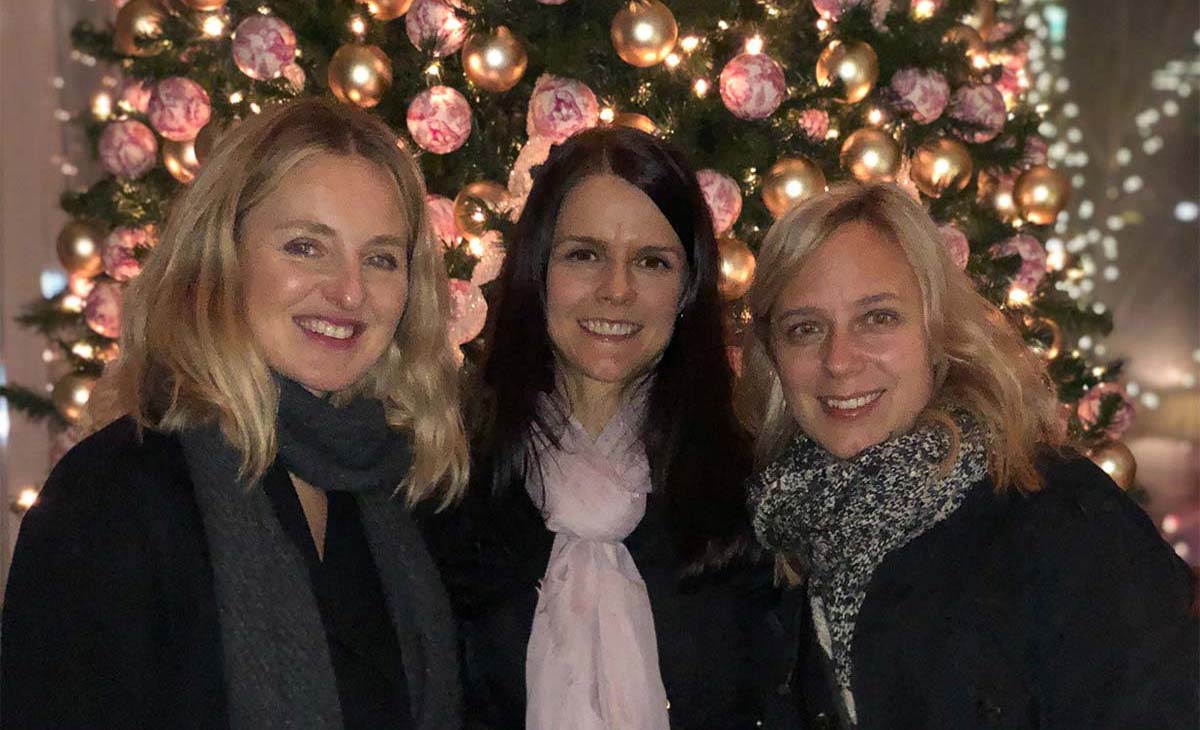Share this post
We’ve just returned from our annual trip to Toronto for the TESL Ontario Conference. This year’s conference was at the Toronto Marriot in the Eaton Centre, and the theme was Cultivating Innovation and Inclusion.
Approximately 25% of ESL Library subscribers are Canadian, and this annual conference gives us direct access to teachers and administrators in the field. Through the teachers and presenters, we also learn more about the needs of English learners across Canada, especially newcomers.

In addition to having a booth where our subscribers can come and ask questions and leave feedback, we also do a presentation to share what’s new and upcoming. This year’s session was a packed house with only one attendee who had never used ESL Library!
Our primary goal for attending this conference each year is for research and professional development. This year we attended sessions on LINC, PBLA, literacy, online assessment, and blended learning. We also attended Gavin Dudeney’s keynote: Technology in Language Teaching (What works, What doesn’t).
Some people do call it flipped learning. I still call it homework.
—Gavin Dudeney
Much like the international TESOL conference we attend each spring, the requests and feedback we receive at TESL Ontario help us plan our road map and choose our priorities for the upcoming year.
Goal-Setting Updates from TESL 18
Before attending a conference like TESL Ontario, we always take some time to reflect on our goal‑setting from the previous year to check on our progress, just as teachers and learners do. Here are six goals we achieved in 2019 based on requests, feedback, and learning at last year’s TESL Ontario Conference:
1. Develop More Holidays & Events Lessons for Low Intermediate
At last year’s conference, we had lots of requests for low‑level holiday lessons, including Mother’s Day, Father’s Day, and International Women’s Day (in editing). We’ll continue to add lower-level versions to our holiday lessons in 2020.
2. Develop More CLB‑Aligned Materials for CLB‑2–3
As requested, we’ve just completed an overhaul of our Simple Sentences section, which now matches our revised flashcard sets (all updated this year). We’ve also updated our entire Functional English section with integrated tasks and tools and added some new lessons. Both of these sections have a heavy focus on benchmarks for CLB‑2–3.
3. Add More Materials for Literacy (especially for numeracy)
We’ve been plugging away at our Phonics & Pronunciation section all year, and we received lots of great feedback about it at this year’s conference. We also created a number of materials specifically for Numeracy, including Numbers and Money flashcards as well as literacy lessons on numbers, phone numbers, the date, money, and checks. We also added a Word Bank lesson on Banking.
4. Add Materials for Digital Literacy
In Canada, many newcomers are unfamiliar with computers, which are needed for work, study, and community services. This year we added computer flashcards as well as lessons for digital literacy: Computers, Using a Computer, and Using the Internet. We also made it easier for students to access ESL Library’s digital tasks for homework or classwork. For an example, see How to Invite Students to ESL Library (without an email address). Also see more Help Docs on Digital Tools.
5. Add Integrated Assessment for PBLA
Another request from last year was for integrated assessment tools in our lessons. We’ve started doing this in many of our lesson sections, including Functional English, Super Simple Questions, English Foundations, and more. We’ve also added many self‑assessment and learner reflection tools to our CLB‑aligned lessons based on feedback we received after last year’s conference.
6. Create a New Grammar Section for CLB 1–2
To meet this need, we created a new lesson section called Super Simple Grammar. This section has 9 lessons and we’ll be adding a few more in 2020. If there is a beginner grammar target that you would like to see covered in this section, please let us know in the comments below!

Goal‑Setting at TESL 19
While attending this year’s TESL Ontario sessions, managing the booth, and doing our own presentation, we received many useful requests, suggestions, and ideas for next year!
Here is our goal‑setting summary that we’ll be referring to throughout 2020:
- Ensure that all new assessment tools have a check box to indicate whether the task is for skill‑using or assessment purposes.
- Focus on reading strategies and practice for all levels.
- Add higher‑level, CLB‑aligned comprehension questions to readings for CLB 5+.
- Create pictorial Needs Assessment resources for literacy.
- Add more listening tasks for practice and assessment on LINC themes.
- Continue integrating grammar in our lessons as we have been doing throughout 2019.
- Make it easy for a teacher to view a student’s individual progress (e‑portfolio style).
- Create more writing lessons with integrated reading passages.
- Increase font size for literacy and use more visuals in our literacy lessons.
- Help ESL Library subscribers discover what’s new (product features, lesson sections, etc.).
If you were unable to attend this year’s TESL Ontario Conference or didn’t get a chance to chat with us last week, feel free to add your request or feedback for consideration in the comments below. You can also use our Contact Us form.
A big thank you to TESL Ontario and all of the presenters and exhibitors.
See you next year!


Comments
There are no comments on this post. Start the conversation!

